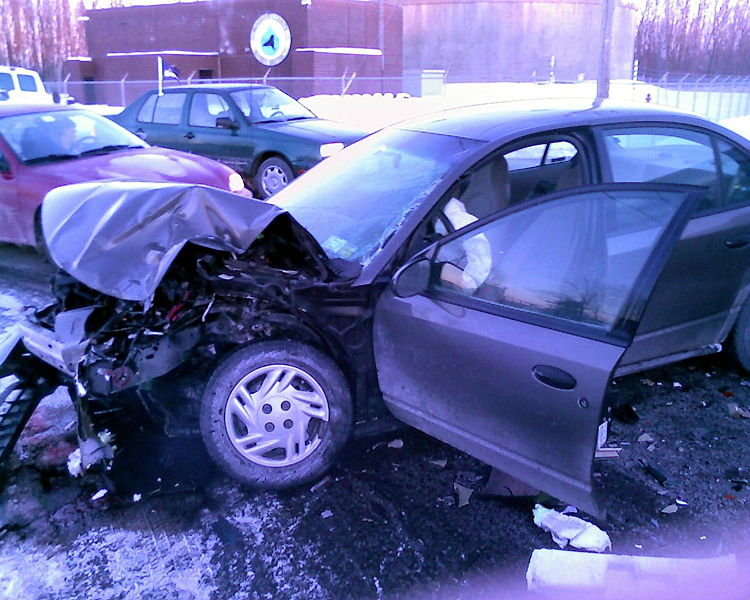
Nearly one out of every five no-fault auto insurance claims closed in the New York City area in 2010 appears to have elements of fraud, according to a new study from the Insurance Research Council (IRC).
And as many as one in three claims appears to be inflated, the group said, after a review of claims from 2007 to 2010 found the percentage of no-fault claims in the New York City area with the appearance of claim abuse rose from 29 percent to 35 percent.
“The apparent amount of fraud and excessive billing by some health care providers in the New York City metropolitan area is truly stunning when compared to the rest of the state,” said Elizabeth Sprinkel, senior vice president of the IRC.
The IRC’s study, New York’s No-Fault System: Preliminary Findings From Closed Auto Injury Claims, found that elements of fraud appeared in 22 percent of all New York City metropolitan area no-fault auto insurance claims — known as personal injury protection (PIP) claims — closed in the fall of 2010. Under New York’s statewide no-fault auto insurance system, PIP is the portion of an auto insurance policy that covers the treatment of injuries to the driver and passengers of the policyholder’s car.
The study also revealed that another 14 percent of the New York City area claims appear to involve either overbilling or excessive utilization of medical services, otherwise known as claims buildup. “While this may not rise to the level of criminal fraud, New York’s honest drivers are essentially subsidizing unscrupulous health care providers when instances occur,” Sprinkel said.
When the IRC looked at PIP claims filed in New York state outside of the New York City metropolitan area, elements of fraud were found in only 4 percent of closed claims. In addition, signs of claim buildup were found in just 4 percent of all upstate PIP claims.
Other key downstate/upstate discrepancies documented in the IRC report include the following:
- In 2010, the typical PIP claims payout for claimants in the New York City area was nearly two times the payout for claimants in the rest of the state.
- 44 percent of New York City area PIP claimants visited four or more health care providers in 2010, whereas only 14 percent of claimants elsewhere in the state did the same.
- In 2010, New York City area claimants were much more likely to seek treatment from chiropractors, physical therapists, and acupuncturists than their upstate counterparts.
- For the majority of claimants, health care providers charged auto insurers far more than the state’s established fee schedule for their services.
- Compared to claimants in the rest of the state, New York City area claimants were significantly more likely to have their health care providers represented by attorneys.
“The preliminary findings from this study confirm that the New York City area is a hotbed for auto insurance fraud and that the problem has grown worse in recent years,” Sprinkel said. “We hope these findings will help policymakers understand the specific behaviors that are driving auto insurance costs so that they canbegin to fashion effective responses to the issue.”




